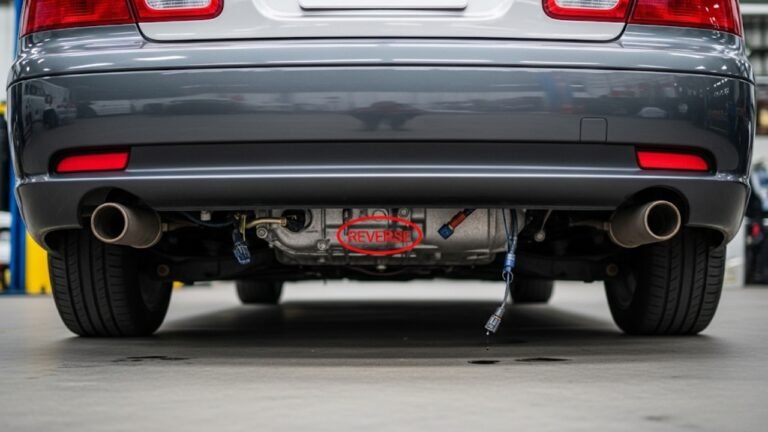What Soft Skills Are Required for Automotive Engineering?

What Soft Skills Are Required for Automotive Engineering? Technical skills are essential, but soft skills play a crucial role in determining success and career advancement. Engineers must develop a robust set of soft skills as the automotive industry evolves with technological advancements and increased collaboration across disciplines.
This article explores the essential soft skills required for automotive engineers, focusing on their significance in the USA’s competitive job market.
1. Communication Skills.
- Effective Communication is paramount in automotive engineering. Engineers must convey complex technical information to colleagues, clients, and stakeholders from various backgrounds. Verbal Communication includes presenting ideas and solutions during meetings or discussions.
- Written Communication: Documenting processes, creating reports, and drafting clear and concise emails.
- Active Listening: Understanding project requirements and feedback from team members or clients to ensure goal alignment.
Strong communication skills foster collaboration and help prevent misunderstandings that could lead to costly errors in projects.
2. Critical Thinking and Problem-Solving
- Automotive engineers frequently encounter challenges that require innovative solutions. Critical thinking involves analyzing situations, identifying problems, and developing effective strategies. Skills in this area include analytical skills, which include evaluating data and information to make informed decisions;
- Creative Problem-Solving: Thinking outside the box to create unique solutions to engineering challenges.
- Ethical Decision-Making: Considering the implications of decisions on safety, sustainability, and community impact.
Employers highly value these skills as they contribute to efficient project execution and innovation in design.
3. Teamwork and Collaboration.
- Automotive engineering is inherently collaborative, often requiring engineers to work with cross-functional teams. Essential aspects of teamwork include interpersonal skills, which include building positive relationships with colleagues from diverse backgrounds.
- Conflict Resolution: Navigating disagreements constructively to maintain team harmony.
- Adaptability: Adjusting to different team dynamics and project requirements as they evolve.
Successful collaboration leads to enhanced creativity, problem-solving capabilities, and project outcomes.
4. Leadership Skills.
- Even if not in formal leadership positions, automotive engineers can benefit from developing leadership skills. These include Motivating Others and inspiring team members to achieve their best work.
- Delegation: Assigning tasks effectively while ensuring accountability.
- Vision Setting: Articulating a clear project vision that aligns with organizational goals.
Leadership skills can significantly enhance an engineer’s ability to influence projects positively and drive results.
5. Time Management.
- In the fast-paced automotive industry, managing time effectively is crucial. Engineers must prioritize tasks and meet deadlines without compromising quality. Key components of time management include prioritization, which identifies which tasks are most critical to project success;
- Goal Setting: Establishing clear, achievable objectives for both short-term tasks and long-term projects.
- Self-motivation: Maintaining focus and productivity even when working independently.
Strong time management skills increase efficiency and reduce stress in high-pressure environments.
6. Adaptability.
- The automotive industry constantly evolves due to technological advancements, regulatory changes, and market demands. Engineers must be adaptable to thrive in this environment. Willingness to Learn: Staying updated on new technologies, tools, and industry trends.
- Flexibility: Adjusting approaches based on new information or changing project requirements.
- Resilience: Maintaining a positive attitude in the face of setbacks or challenges.
Adaptability enables engineers to navigate change effectively and remain relevant in their field.
Conclusion:
As automotive engineering continues to evolve, the importance of soft skills cannot be overstated. Communication, critical thinking, teamwork, leadership, time management, and adaptability are essential for engineers aiming to excel in their careers.
By developing these skills alongside their technical expertise, automotive engineers can enhance their effectiveness in the workplace, contribute meaningfully to their teams, and position themselves for future opportunities.
In summary, aspiring automotive engineers should focus on honing their technical abilities and cultivating these vital soft skills. Doing so will improve their job performance and increase their employability in a competitive job market like that of the USA.






